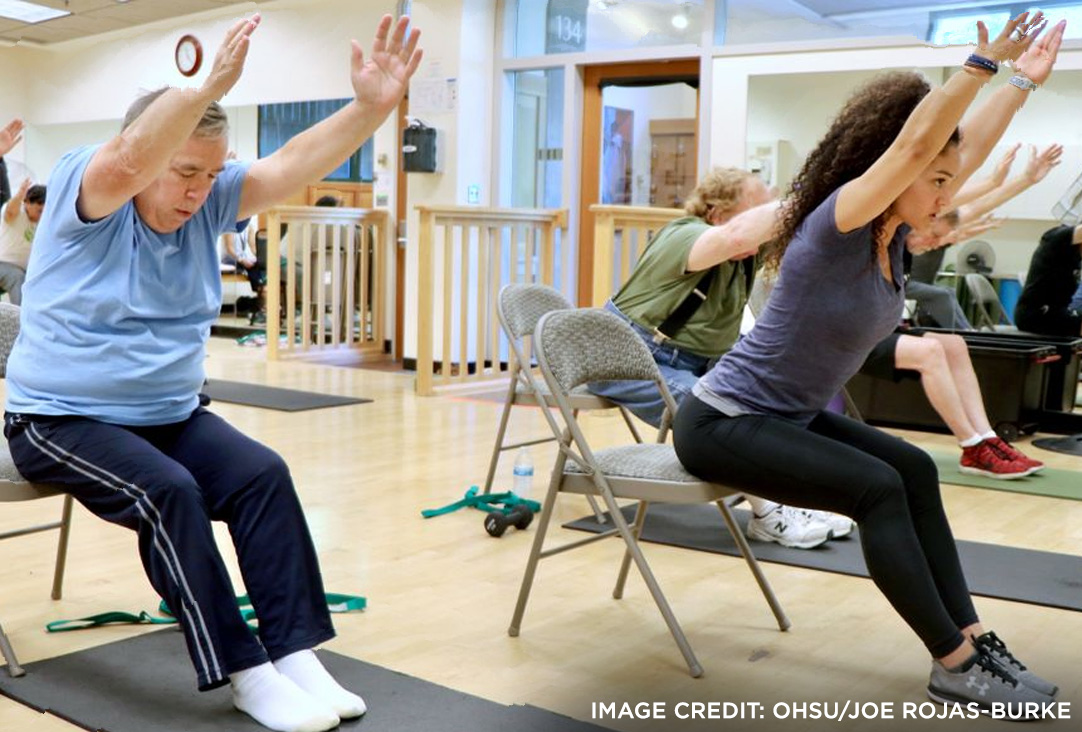Landmark Study Shows Exercise Is “Better Than Drugs” in Stopping Cancer Returning A world-first randomized controlled trial (2025) with patients from the US, UK, Australia, France, Canada and Israel has found that a structured exercise regime after cancer treatment (with a personal coach and movement equivalent to three to four walks a week of between 45 and 60 minutes) can dramatically reduce the risk of…






























































